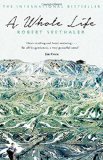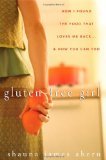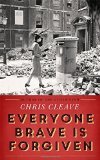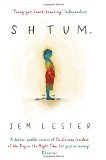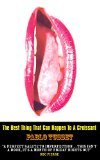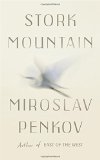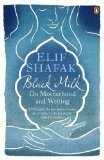Translated from the German by Charlotte Collins
Shortlisted for 2016 MAN Booker International Prize
Five words from the blurb: mountain, valley, change, solitude, great
A Whole Life is only 150 pages long, but it contains a beautiful, perfectly formed, story about the life of one man.
Andreas Egger lives in a remote mountain valley. One day his life is changed by the arrival of a company planning to build a cable car up the slopes. The book shows how this simple change slowly alters the feel of the valley, bringing tourists and skiers into this once peaceful place.
The writing in this book was outstanding and I frequently found myself noting down passages:
He had already been so long in the world: he had seen it change and seem to spin faster with every passing year, and he felt like a remnant from some long-buried time, a thorny weed still stretching up, for as long as it possibly could, towards the sun.
Andreas Egger was described in such a vivid way that I felt I knew him. I understood his fears and felt a deep compassion whenever he was faced with difficulty.
This book also manages to encapsulate the history of the region. We see the introduction of paved roads, cars and hotels – and also the impact of war. It’s amazing how much has been included in this book without it ever feeling cluttered – it takes immense skill to create such a slow, but rich piece of the writing.
In fact, I can’t find fault with anything in this little book. It is perfection in novella form!

.
